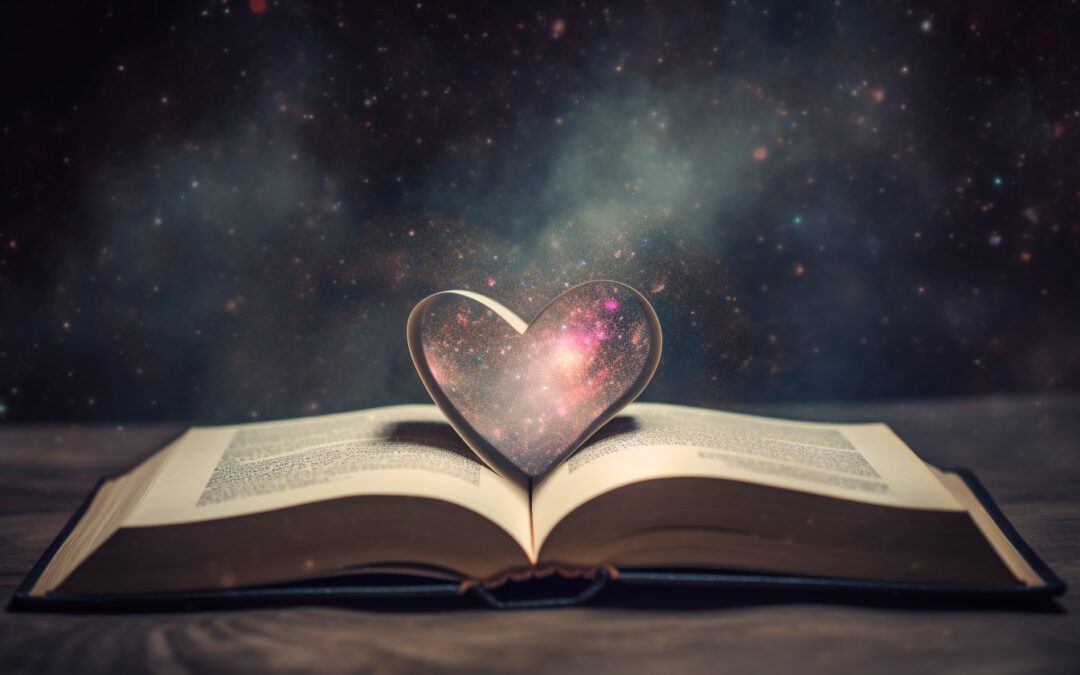Emily Dickinson
Emily Dickinson is an iconic figure in American literature whose works offer a unique exploration of love, solitude, and profound human connection. Her poems, marked by their brevity and depth, challenge conventional perspectives and invite readers to delve into the complexities of the human experience.
The Solitude of Love
Emily Dickinson’s poetry often reflects her solitary existence. Living much of her life in relative seclusion, her introspective nature found expression through her verse. Her isolation did not hinder her ability to deeply understand and articulate the nuances of love. In fact, her solitude seemed to amplify her insights, allowing her to explore love in its most intimate and unadulterated form.
Dickinson’s poems frequently touch upon themes of longing and desire, capturing the essence of unspoken love. Her ability to convey intense emotion with minimal words is remarkable. For readers seeking an exploration of love that is both personal and universal, her work offers a treasure trove of insights.
Her poems, such as those found in the collection of the best poetry books about love, often reflect her inner world, where love is both a sanctuary and a source of profound reflection. Dickinson’s treatment of love is not confined to romantic relationships; it encompasses a broader spectrum of human connection and affection.
Love and Mortality
A significant aspect of Emily Dickinson’s poetry is her contemplation of love intertwined with mortality. She frequently muses on the transient nature of life and the enduring power of love beyond death. This theme is evident in many of her works, where she juxtaposes the ephemeral with the eternal, creating a poignant reflection on the nature of existence and the lasting impact of love.
Her poems often reflect a deep awareness of life’s fleeting moments and the enduring memories of love that linger long after. This contemplation of mortality adds a layer of depth to her work, making her poetry resonate with readers across generations. While her poems may not be as explicit as dirty love poems, they convey a deep sense of longing and desire that is equally compelling. Her ability to suggest rather than state, to hint rather than declare, adds a layer of mystery and allure to her work.
The Personal and the Universal
One of the most striking features of Emily Dickinson’s poetry is her ability to blend the personal with the universal. Her introspective nature allowed her to write poems that, while deeply personal, speak to universal themes of love, loss, and longing. This unique quality of her work ensures that readers from all walks of life can find resonance in her words.
Dickinson’s poetry is a testament to the power of concise expression. She often used short lines and simple language to convey profound ideas, a technique that makes her work accessible yet deeply meaningful. Her poems invite readers to ponder their own experiences and emotions, making her a timeless figure in the world of rhyming love poems.
Her correspondence with other contemporary poets and her careful study of their works influenced her unique style. While she may not have been part of the bustling literary circles of her time, her poetry reveals a sophisticated understanding of literary traditions and innovations. Her influence can be seen in the works of many modern poets, who continue to draw inspiration from her groundbreaking approach to verse.






